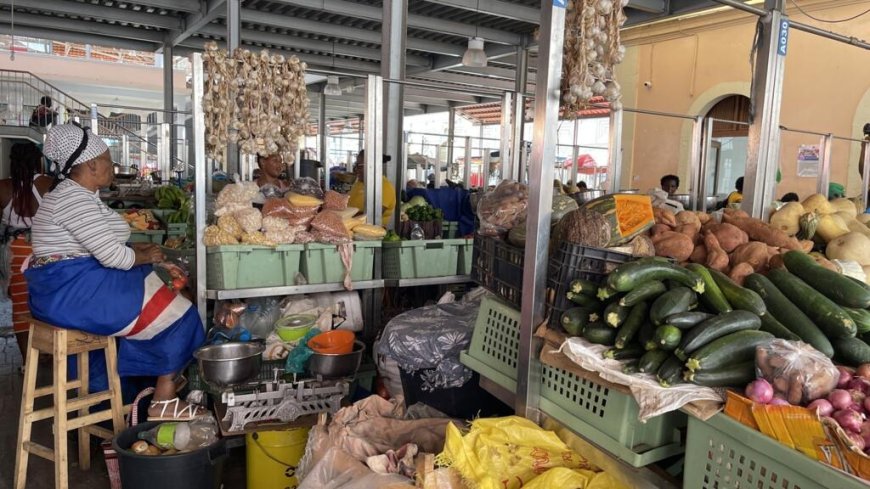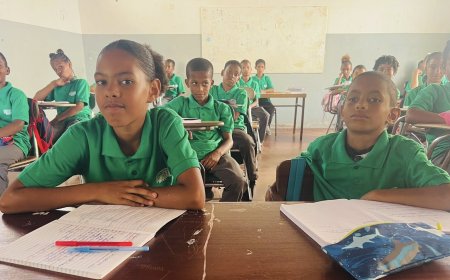Study reveals that 88.8% of women in Cape Verde do unpaid work
A study reveals that 88.83% of women in Cape Verde do unpaid work, highlighting gender inequalities in domestic and care tasks. The government has announced measures to promote the reconciliation of family and professional life, including the creation of the profession of caregiver and widening access to support services.

A study on the "Use of Time and Unpaid Work", presented this week, revealed that 88.83% of Cape Verdean women do unpaid work, compared to 70.21% of men. The research, conducted by the Cape Verdean Institute for Gender Equality and Equity (ICIEG) in partnership with the National Statistics Institute (INE), also highlights that women account for 85.7% of domestic work, while in caring for children, the elderly and people with disabilities, this responsibility falls to 39.7% of women, compared to only 9.5% of men.
At the public presentation session, the Secretary of State for Social Inclusion, Lídia Lima, stressed that the data is essential for understanding the gender dynamics within Cape Verdean families and defended the need for measures to reconcile women's family and professional lives.
"Women cannot absorb all their time in domestic chores and let their professional responsibilities accumulate," warned Lídia Lima, stressing that care work remains invisible and little recognized.
Among the government's initiatives to reverse this reality, we highlight the creation of the profession of caregiver for dependent people, the implementation of the Statute for the Elderly, the National Strategy for People with Disabilities, the funding of caregivers throughout the country, the expansion of home care services, and the subsidization of crèches, day centers and homes. The executive is also betting on the universalization of pre-school, the expansion of the Social Inclusion Income (RSI), and support for NGOs and local councils to implement care programmes.
The study covered 3,306 households during the fourth quarter of 2024 and will serve as the basis for policies aimed at releasing women into the labor market, increasing family income and fostering entrepreneurship in the care sector.





















































